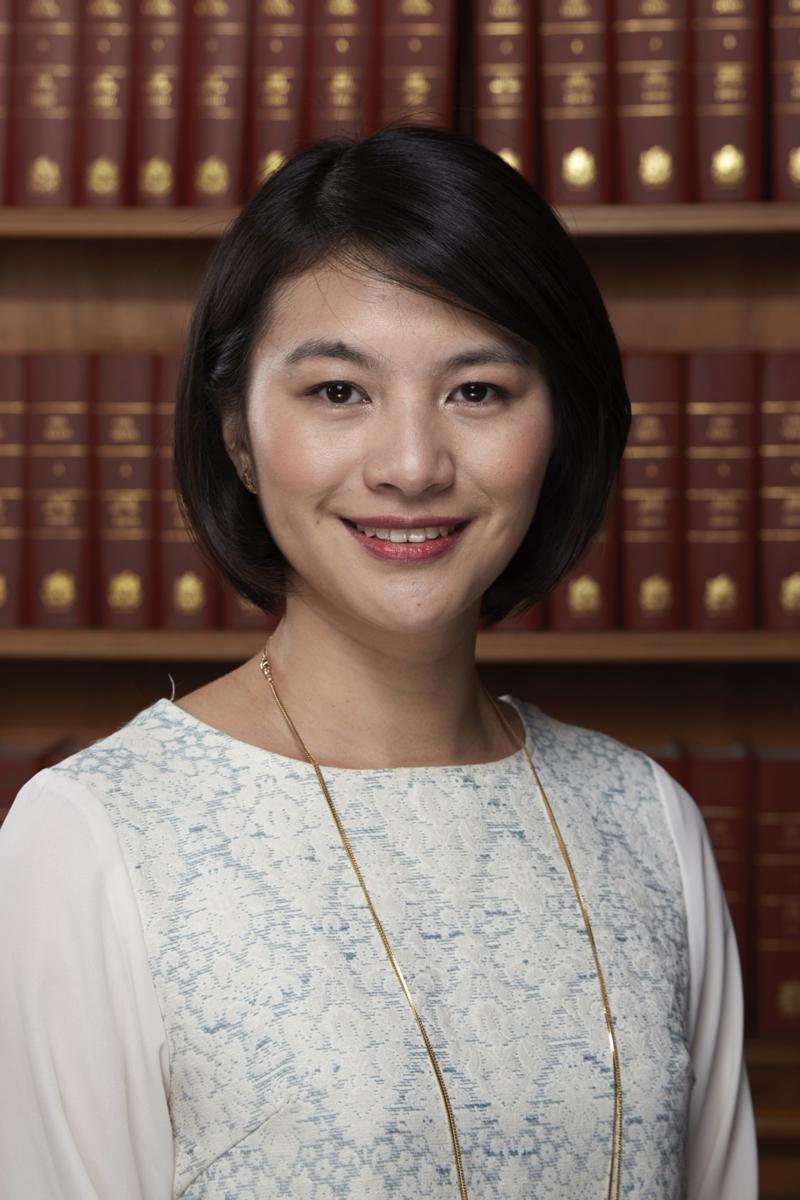Yanlan Mao
Seminar Information

Actomyosin contractility is a key regulator of tissue dynamics. During development, tissue dynamics, such as cell intercalations and oriented cell divisions, are critical for shaping tissues and organs. However, less is known about how tissues regulate their dynamics during tissue homeostasis and repair, to maintain their shape after development. In this talk, we will discuss how tissues respond to mechanical perturbations, such as stretching or wounding, by altering their actomyosin contractile structures, to change tissue dynamics, and thus preserve tissue shape and patterning. We combine genetics, biophysics and computational modelling to study these processes.
Prof. Yanlan Mao is a Group Leader at the MRC Laboratory for Molecular Cell Biology, University College London. After receiving her BA in Natural Sciences at Cambridge University, she completed her PhD with Matthew Freeman at the MRC LMB in Cambridge on Drosophila cell signaling and epithelial patterning. During her postdoc with Nic Tapon at the CRUK London Research Institute (now Francis Crick Institute), she became interested in tissue mechanics and computational modeling approaches, and studied the role of mechanical forces in orienting cell divisions and controlling tissue shape. In 2014, when Yanlan started her independent research group, she has continued to investigate the role of mechanical forces in tissue development, homeostasis and repair. She now holds a MRC Career Development Award Fellowship, a Lister Institute Prize and an L’Oreal UNESCO Women in Science Fellowship. She was selected to join the EMBO Young Investigator Programme in 2018, was recently awarded the Early Career Prize in Mechanobiology by the Biophysical Society, and the BSCB Women in Cell Biology Early Career Medal.
